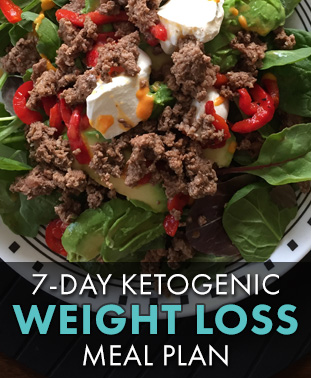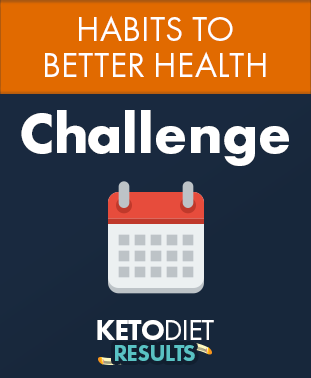 As I was browsing the interwebs a few days ago, I came across numerous article headlines similar to this one regarding whether pasta was actually bad for you.
As I was browsing the interwebs a few days ago, I came across numerous article headlines similar to this one regarding whether pasta was actually bad for you.
This is a great case study in exactly what’s wrong with nutrition science and how the media presents the results.
Here is a link to the full study publication within the “Nutrition and Diabetes” journal.
Nutrition Study Flaw #1 – Funding
So before even reading the study, let’s ask – who funded this?
The research laboratory is partially funded by a grant from Pfizer, a billion dollar pharmaceutical company, and the study was partially funded by Barilla, an Italian foods company.
Do you think either of these companies are 100% unbiased? Because I don’t.
Then we get into the results.
Nutrition Study Flaw #2 – Overall Food Consumption
After reading their methods, you notice that the data they gathered was largely self-reported and heavily adjusted to account for estimation errors.
I can say from personal experience that if you do not track your foods, it’s incredibly easy to get it wrong.
But let’s say whatever numbers they arrived at were fairly accurate…
Nutrition Study Flaw #3 – Pasta Amount
Next we can look at the estimated pasta consumed per day, per person in the study, which ends up between 60 and 80 grams.
This is not the standard amount for a Western or American-style diet.
Plus this study is based more on the Mediterranean diet and how pasta affects adherence to this style of eating.
Which brings me to my next point…
Nutrition Study Flaw #4 – Correlation vs. Causation
The result and discussion of this study states that eating pasta is “negatively associated” with obesity and a higher Body Mass Index (BMI).
But can this association be caused by eating pasta, or is that simply an end phenomenon due to the other high quality foods on the mediterranean diet like olive oil, fish, tomatoes and legumes?
Considering those foods have more nutritional benefits and less processing, my gut tells me that has more to do with a lower obesity rate than the level of pasta intake.
I’m not here to discount some of the findings within the study, but this is a microcosm of how nutrition science works.
There are studies which don’t truly control food intake, they come to loose conclusions/associations, and then editors of media outlets write catchy headlines spinning the pseudo-science as fact.
The person who isn’t interested in digging further may go ahead and eat a big plate of lasagna thinking it’s healthy. Yet the true effect of one high-carb dish cannot be viewed in a vacuum like this – it’s interrelated to your lifestyle and EVERYTHING you eat on a daily basis.
When it comes to your nutrition and health, think holistically!
FREE 7-Day Keto Meal Plan!
Start the keto diet with your first week planned, including a shopping list and all nutrition information.


